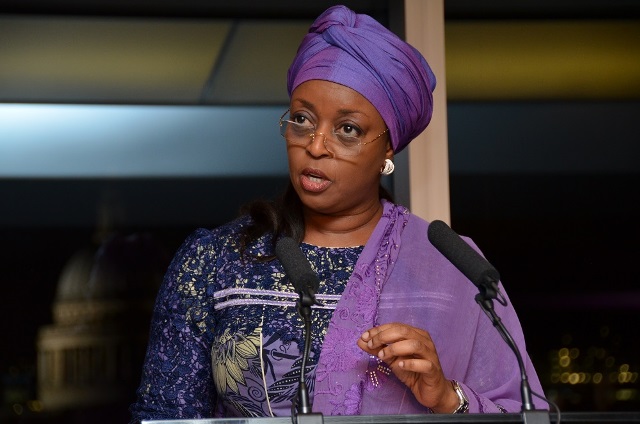A jury in California on Monday ordered Tesla to pay a Black former employee $137 million in damages for turning a blind eye to racism the man encountered at the firm’s auto plant in Fremont, US media reported.
Owen Diaz was hired through a staffing agency as an elevator operator at the electric vehicle maker’s Fremont factory between June 2015 and July 2016, where he was subjected to racist abuse and a hostile work environment, according to the court filing.
In his lawsuit, Diaz said African-American employees at the factory, where his son also worked, were regularly subjected to racist epithets and derogatory imagery.
Instead of a modern workplace, the plaintiffs “encountered a scene straight from the Jim Crow era,” said the suit, originally filed by Diaz, his son Demetric and a third former employee.
“Tesla’s progressive image was a facade papering over its regressive, demeaning treatment of African-American employees,” the court filing said.
READ ALSO: Sanwo-Olu Signs Bill Barring Police From Parading Suspects Before Media
Diaz alleged that despite complaints to supervisors, Tesla took no action over the regular racist abuse.
The jury at the federal court in San Francisco on Monday awarded Diaz $130 million in punitive damages and $6.9 million for emotional distress, Bloomberg News reported, citing one of Diaz’s attorneys, Lawrence Organ of the California Civil Rights Law Group.
“We’re just gratified that the jury saw the truth and they awarded an amount that hopefully will push Tesla to correct what people testified about in terms of this widespread racist conduct,” Organ told the Washington Post.
“It’s gratifying to know that a jury’s willing to hold Tesla accountable, one of the world’s largest, richest corporations finally is told, ‘You can’t let this kind of thing happen at your factory.’”
READ ALSO: Pandora Papers: Peter Obi’s Secret Businesses In Tax Haven
‘Not perfect’
Following the verdict, Tesla released a blog post by human resources vice president Valerie Capers Workman, which it said had been distributed to employees.
In her post, Workman downplayed the allegations of racist abuse in the lawsuit, but acknowledged that at the time Diaz worked there Tesla “was not perfect.”
“In addition to Mr. Diaz, three other witnesses (all non-Tesla contract employees) testified at trial that they regularly heard racial slurs (including the n-word) on the Fremont factory floor,” she wrote.
“While they all agreed that the use of the n-word was not appropriate in the workplace, they also agreed that most of the time they thought the language was used in a ‘friendly’ manner and usually by African-American colleagues.”
Workman said Tesla had responded to Diaz’s complaints, firing two contractors and suspending a third.
She also stressed that Tesla had made changes since Diaz worked at the company, adding a diversity team and an employee relations team dedicated to investigating employee complaints.
“While we strongly believe that these facts don’t justify the verdict reached by the jury in San Francisco, we do recognize that in 2015 and 2016 we were not perfect,” Workman said.
“We’re still not perfect. But we have come a long way from 5 years ago. We continue to grow and improve in how we address employee concerns. Occasionally, we’ll get it wrong, and when that happens we should be held accountable.”
Tesla, a global leader in electric cars, has a market capitalization of around $780 billion, and its chief executive, tech entrepreneur Elon Musk, is the world’s richest person, currently worth $211 billion, according to Bloomberg Billionaires Index.
AFP












